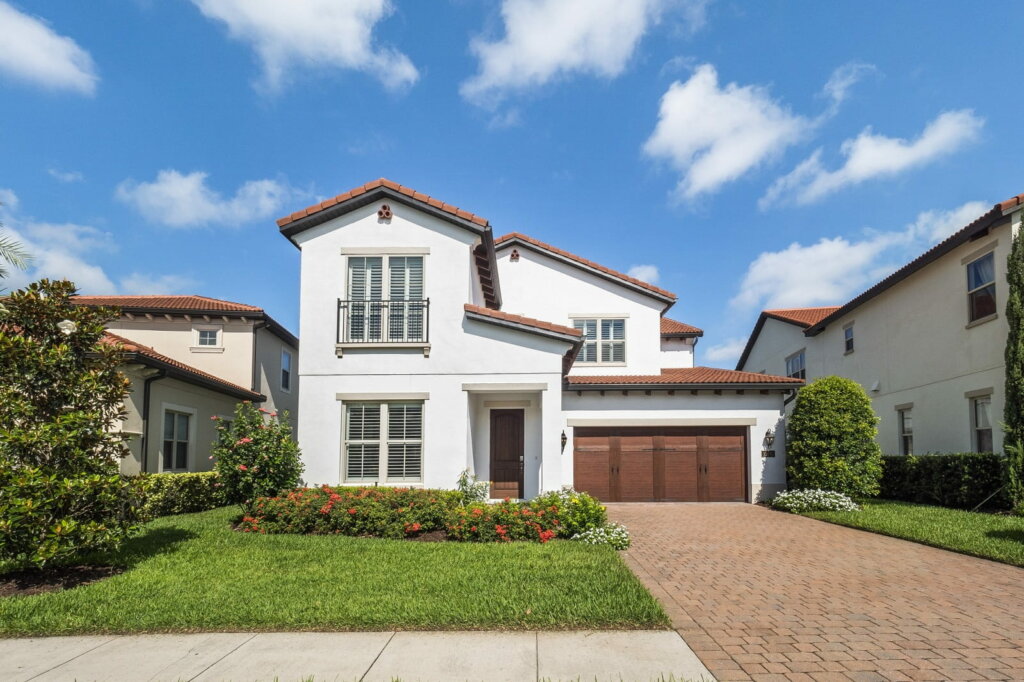When a home’s been listed for sale and arrangements have been made for a photoshoot, who owns the property photos once they’ve been taken?
On the one hand, you have the professional real estate photographer who pushes the camera shutter button and takes the shots.
On the other hand, you have the listing agent who’s licensed by the state to handle real estate transactions and is ultimately responsible for the images.
A professional photographer may be beholden to her artistic integrity and feel strongly about intellectual property laws and copyright ownership.
But real estate agents owe a fiduciary obligation to the homeowners and brokerage companies they work with. Not only that, but the agent is most likely the one footing the bill for the property photos.
So, the question as to who owns property photos is a polarizing one, to say the least, and many industry professionals have weighed in their opinions.
There are legal complications to consider, too, but to present arguments for both the agent and the photographer, we’d rather stick to the guidelines that dictate how property photos get used before, during, and after a real estate sale.
Who Owns Property Photos?
Answer: it depends on the photo.
Some photographers will negotiate the rights to property photos because of their resale values.
But just as a car loses value the moment it gets driven off the dealership lot, property photos lose value as soon as the home is sold.
For instance, MLS guidelines state that property photos mustn’t be reused to market the same home for a future sale.
In other words, images that are uploaded to the MLS need to be fresh and current and portray how the home looks today.
This governing principle alone already throws a wrench in the photographer’s case to own the property photos she takes.
Moreover, uploading reused photos can be flagged as fraudulent by the MLS system, especially because aspects of the home may have changed over time.
Depicting homes in their current state makes the listing more transparent and authentic.
Not only is this an ethical way to do business, but it also helps speed up the sale of the home and protects the listing against “unruly activity” notices from MLS or other marketing platforms.
Privacy
Consider this: property photos depict someone’s private home.
The personal property depicted in the photos belongs to the homeowner.
Thus, selling or distributing these photos outside of the sale of the home — unless the photographer has signed an agreement directly with the homeowner — infringes on the homeowner’s privacy rights.
This is yet another reason why real estate agents and homeowners should own the rights to property photos.
Once the home is sold, it’s up to the homeowner to decide how the photos will be used going forward.
More often than not, homeowners will want pictures of their homes’ interiors and exteriors taken down once the sale is completed.
Every week, homeowners contact HomeJab and ask us to take down images of their homes for privacy reasons. And we happily comply.
The Photographer’s Portfolio
Some photographers argue that owning property photos strengthens their portfolios and helps them attract new customers.
This perspective further muddles the question as to who owns property photos.
As we mentioned above, due to listings guidelines that devalue property photos once the home is sold and privacy concerns from the homeowner, owning the rights to property photos creates more liabilities for real estate agents and homeowners than it does for the photographer.
So, does this mean that photographers can’t use any of the photos they take during the shoot?
Not necessarily!
Copyrights of images in the public domain (ie. neighborhood photos, points of interest, landmarks, historical buildings, statues, etc.) should absolutely remain with the photographer.
For example, if a photographer captures a beautiful shot of a historic landmark from the balcony of the property, he could rightfully request ownership of that photo for reuse in other mediums.
What’s more, these types of photos could really beef up the photographer’s portfolio and do wonders for procuring new clientele.
It’s become a common practice among real estate agents to demand ownership of all photos taken by the photographer.
The agent may even request that the photographer sign away rights to all of their photos.
But when it comes to images in the public domain, the photographer shouldn’t have to sign off or give away the rights to them, especially because these images have a strong resale value.
The photographer could even generate passive income through the reuse of these types of photos.
Finally, if real estate agents want to own the rights to these kinds of photos, they should expect to pay a premium.
For more info on real estate photography services and pricing, or to schedule a shoot, check us out here!














